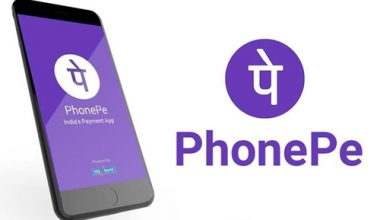Apple’s iPhone is the favorite smart phone platform among mobile developers, according to a recent survey conducted.
That’s hardly a surprise, even if the ongoing controversy about Apple’s beta iPhone OS 4.0 developer agreement suggests some discontent among those creating iPhone apps.
What is a surprise is that Android did not place second in the development platform race.
Of the 217 mobile application developers surveyed by Ovum:
81% said they were developing for iPhone or planning to do so.
Among the other top smartphone platforms, the figures were:
74% for RIM’s BlackBerry OS.
66% for Microsoft’s Windows Phone OS (formerly Windows Mobile).
64% for Android.
56% for Symbian.
However, expect Android to become more popular among developers.
Android, after all, is the newest of the top five platforms and various research firms like Gartner expect the number of Android devices shipped will surpass the number of iPhones shipped in the next two to three years.
But more significantly, Android’s openness should make development easier, once developers become acquainted with the system.
One particularly intriguing feature that Android developers have yet to fully exploit is called Intent.
Android’s developer documentation defines it thus: “An Intent provides a facility for performing late runtime binding between the code in different applications. Its most significant use is in the launching of activities, where it can be thought of as the glue between activities. It is basically a passive data structure holding an abstract description of an action to be performed.”
What that means is that applications can call functions that exist in different applications on the user’s Android device.
Steve Brown, CEO of Snaptic, likens the technology to Web mashups, in which different Web services can be easily combined.
Snaptic makes a note taking application, 3banana for Android and the iPhone, that syncs with the Web. Android developers, using Intent, have the option to include a call to Snaptic’s note taking code in 3banana so it can be used in their own application.
Android Intent means that developers don’t have to reinvent the wheel, so to speak, in every program. If they want to implement bar code reading, for example, all they need to do is call another app that has exposed its bar reading functionality through Intent.
“It’s like a little eco-system of developers working together,” said Brown in a phone interview. “That’s what’s different. What it allows is for developers to be specialists and do something really well rather than each doing everything themselves.”
It’s hard to imagine a similar technology on the iPhone, given Apple’s tight code controls.
But it might come to pass nevertheless. “If people are doing better stuff faster because of the openness of Android, the iPhone is going to have to respond to that,” said Brown.
All that remains is for Android developers to prove that openness really is better.
Resource:
http://www.informationweek.com/blog/main/archives/2010/04/advantage_andro.html

